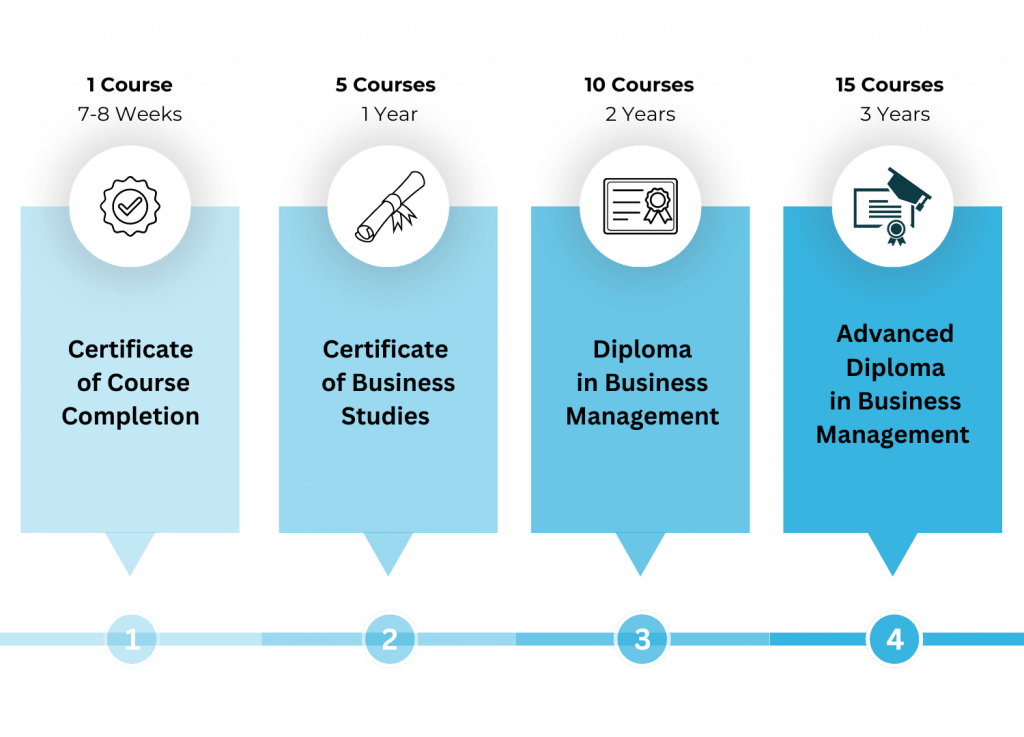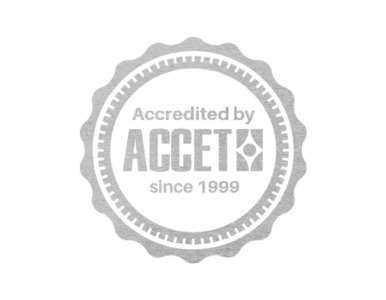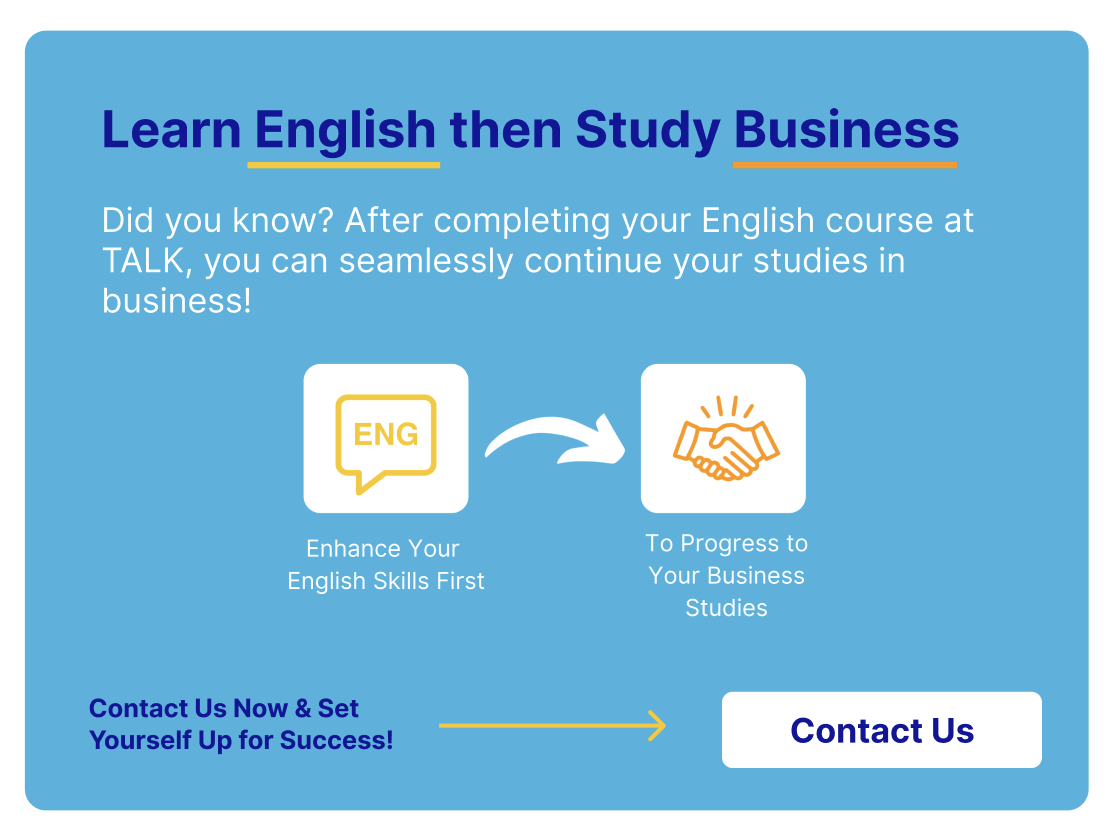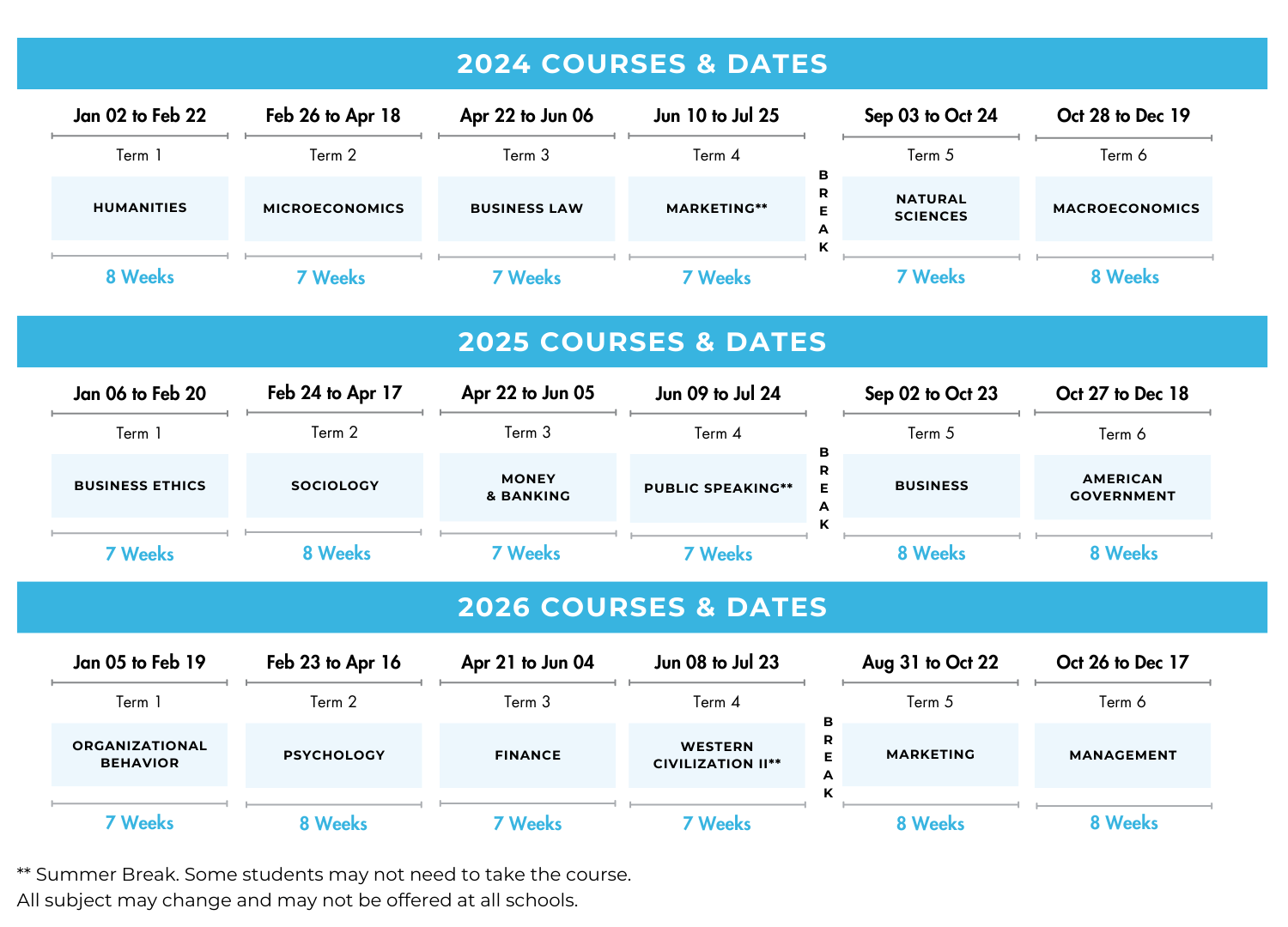Home › Courses › Business Courses › Professional Development Program
Professional Development Program
Develop high-level professional skills
Our highly connected global economy has created an internationally competitive workplace. Professional development and advanced understanding in business theory and practice is more important than ever.
This TALK Professional Development Program offers students an opportunity to gain a competitive advantage by offering insights and understanding into the global economy and business world.
The courses in business, humanities and social sciences teach the theory and practice of each subject, and include analytical tools used by business managers to make important real-life decisions. Students will have the opportunity to develop their business skills and advance their English proficiency.
- Develop new skills and an understanding of the global economy and the business world.
- Potential for increased career opportunities when returning to your home country.
- Graduating students are awarded designations and qualifications for successfully completing courses.
- Development of international alumni contacts.
- Although not an exam preparation course, the curriculum follows specific guidelines, providing students an opportunity to gain college credits by examination in the US and worldwide.
- International Students: BC16: Non-F1 students (B1/B2, ESTA or similar) BC18: Students on Student Visa (F-1 or similar)
- Minimum age of 18 years
- High-school completion
- English proficiency of TALK Level 5 or higher
- Minimum enrollment of 1 full course (7 or 8 weeks)
Program Details & Designations
- Program duration is a minimum of 1 course (7 or 8 weeks) and a maximum of 15 courses (3 years).
- 6 courses are taught per year including 1 course taught during the summer break.
- A minimum of 3 business courses and a minimum of 2 in the humanities, social sciences or arts are offered each year.

College Credit Through Examination
Standardized testing provides students an opportunity to earn college credits by taking and passing an exam. The program applies to specific subjects and the exam covers a defined, comprehensive curriculum acceptable to most colleges. Scheduled testing is administered at thousands of sites across the United States and the credits earned are accepted at thousands of colleges in the United States and around
the world.
The Clep Exam
The College Level Examination Program (CLEP) is a group of standardized tests that are created and administered by College Board; an American not-for profit organization created to expand access to higher education. Examination cost is currently (7/23) USD $93, but subject to change. The exams are administered at more than 1,000 sites across the United States. There are about 2,900 colleges which grant CLEP credit.
The DSST Exam
The DSST Program (DSST) were designed for service members of the US Department of Defense. Now it is open to all students. The program is administered by Prometric, an American education and testing company. Examination cost is currently (7/23) USD $85, but subject to change. The exams are administered at more than 1,000 sites across the United States. There are about 1,500 colleges which grant DSST credit.
Courses
Courses are taught at a first-year US college level and cover the fundamental principles, practice, and theory of the subject.
Course curricula follow nationally, and internationally accepted guidelines as determined by the College Board or the American Council on Education. The designated textbook follows the curriculum and is required for studies. Online resources are used when appropriate, to enrich the learning experience.
Courses are coded as BC16 (16-hours/week) and BC18 (18-hours/week), and are offered in sequence, as follows:
This course is designed for students to develop an understanding of the principles of economics that apply to an economy. Concepts including the general price level, output, income, gross domestic product, and consumption, are discussed. Also, the interrelations among sectors of the economy, aggregate supply, monetary and fiscal policy tools that can be used to achieve specific policy objectives are considered.
This course is designed to explore the ethical dimensions of business practices and their impact on society. Students examine ethical theories and principles, corporate social responsibility, and ethical decision-making frameworks. Case studies and real-world examples illuminate ethical dilemmas faced by businesses, empowering students to critically evaluate moral issues and develop ethical reasoning skills applicable to diverse organizational contexts.
This course is designed to introduce students to the foundational concepts and theories of sociology, exploring the study of human society and social interactions. Topics include social institutions, culture, deviance, social inequality, and social change. Through the examination of diverse social phenomena, students develop a sociological perspective, fostering critical thinking skills and a deeper understanding of the complexities of human social behavior.
This course is designed to explore the functions and operations of financial institutions and monetary systems. Students examine the role of money in the economy, central banking policies, and the mechanics of monetary policy. Topics include banking regulations, financial markets, interest rates, and the impact of monetary decisions on economic stability and growth. Through case studies and analysis, students gain insights into the complex world of money and banking.
This course is designed to equip students with the essential skills and techniques for effective public communication. Topics include speech preparation, audience analysis, delivery methods, and overcoming speech anxiety. Through practice speeches and constructive feedback, students develop confidence in articulating ideas, structuring presentations, and engaging diverse audiences, preparing them to communicate persuasively and professionally in various contexts.
This course is designed to provide students with a comprehensive introduction to the fundamental concepts and practices of business. Topics include business environments, management principles, marketing strategies, financial principles, and ethical considerations. Through case studies and real-world examples, students gain insights into the dynamic landscape of business operations, preparing them for further studies or careers in various business fields.
This course is designed to explore the structures and functions of the American political system. Students examine the principles of democracy, the roles of branches of government, and the policymaking process. Topics include constitutional foundations, civil liberties, political parties, and the impact of public opinion. Through critical analysis of government institutions and policies, students gain a deeper understanding of American governance and citizenship responsibilities.
Weekly course schedule
- 16 Lessons per week – No student visa required
- 18 Lessons per week – Complies with F1 Student Visa requirements
- 4-day per week schedule
| Mondays to Thursday | Mornings | Evenings * |
|---|---|---|
| Class (Tue only) | 15:30 – 17:20 ** | |
| Break (Tue only) | 17:20 – 17:50 | |
| Class | 9:00 – 10:50 | 17:50 – 19:40 |
| Break | 10:50 – 11:20 | 19:40 – 20:10 |
| Class | 11:20 – 13:10 | 20:10 – 22:00 |
| Break (Mon only) | 13:10 – 13:40 | |
| Class (Mon only) | 13:40 – 15:30 ** |
* Evening schedule not available at all schools
** BC16 does not include this session
Summer Break Eligibility
- Students are eligible to take a summer break provided they comply with study duration requirements and return to studies after the break.
- Summer break period depends on the student’s program start date, as follows:
| Student Start Date | Summer Break No. of Weeks | Summer Break Dates |
|---|---|---|
| In 2024 - summer course required | 5 Weeks | Jul 28 - Aug 31 |
Find Out What Our Students Say About Us

“Very Satisfied”
"I'm very satisfied with this course and would recommend it to other students. The amount of assignments was just right, which was really helpful for me as I'm planning to start university in Washington D.C. in September. The homestay arrangement was good, and overall, I enjoyed studying at TALK Boston."
SeongWoo Eom

“Offers Broad and Deep Learning”
"I'm impressed with how TALK's Business Certificate program offers broad and deep learning opportunities. Additionally, it was much more interesting for me as it covered new topics I hadn't explored before. The teachers put a lot of effort into helping students understand new concepts. I can confidently recommend it to other students."
Juhyoung Lee

"I highly recommend the TALK Schools Business Certificate program”
"I highly recommend the TALK Schools Business Certificate program. For students planning to study in the US in the future, the teaching style of these courses will be very helpful as a warm-up exercise. For students with work experience, the class discussions will resonate with you, and you'll also learn new concepts and gain insight into European and American thought processes."
Cammy Chen

“Incredible Opportunity to Meet Top Brokers”
"Attending The Money Show 2024 in Miami through TALK Schools’ business program was a transformative experience for me. Thanks to our amazing teacher, Sandra Falcon, my business course at TALK Miami had the incredible opportunity to meet top brokers and traders, including Peter Schiff and the Najarian brothers. The insights they shared about the stock market and trading strategies were invaluable. This event significantly contributed to my growth, and I’m deeply grateful for this opportunity."
Anil Donmez

"It Was An Active Learning Experience"
"I have a degree in Physiotherapy & Rehabilitation and four years of experience as a physiotherapist. I’m planning to open a clinic in my home country and took a marketing course at TALK Miami to improve my Business English. The course was hands-on, with activities like SWOT analysis and visits to various organizations. The instructor was knowledgeable and offered personalized marketing strategy advice. I highly recommend the course to others."
Hilal Göver
Professional Development Program is available at
Learn More About Our Programs
Find Out About Our Prices and Promotions
Find Out More About Our Program
Need help? Contact us
Need Help?
If you have any questions about TALK, our courses, or our services, please click the button below to get in touch with us!
Accreditations & Associations
TALK Schools are accredited by the United States Department of Homeland Security and ACCET and are member of TESOL, NAFSA, IELTS and ATD.
TALK Schools is a part of the TALK Education Group, together with UnistudyUSA, TALK IELTS Center, TALK Kids, Real World Translations and Brentwood.

























